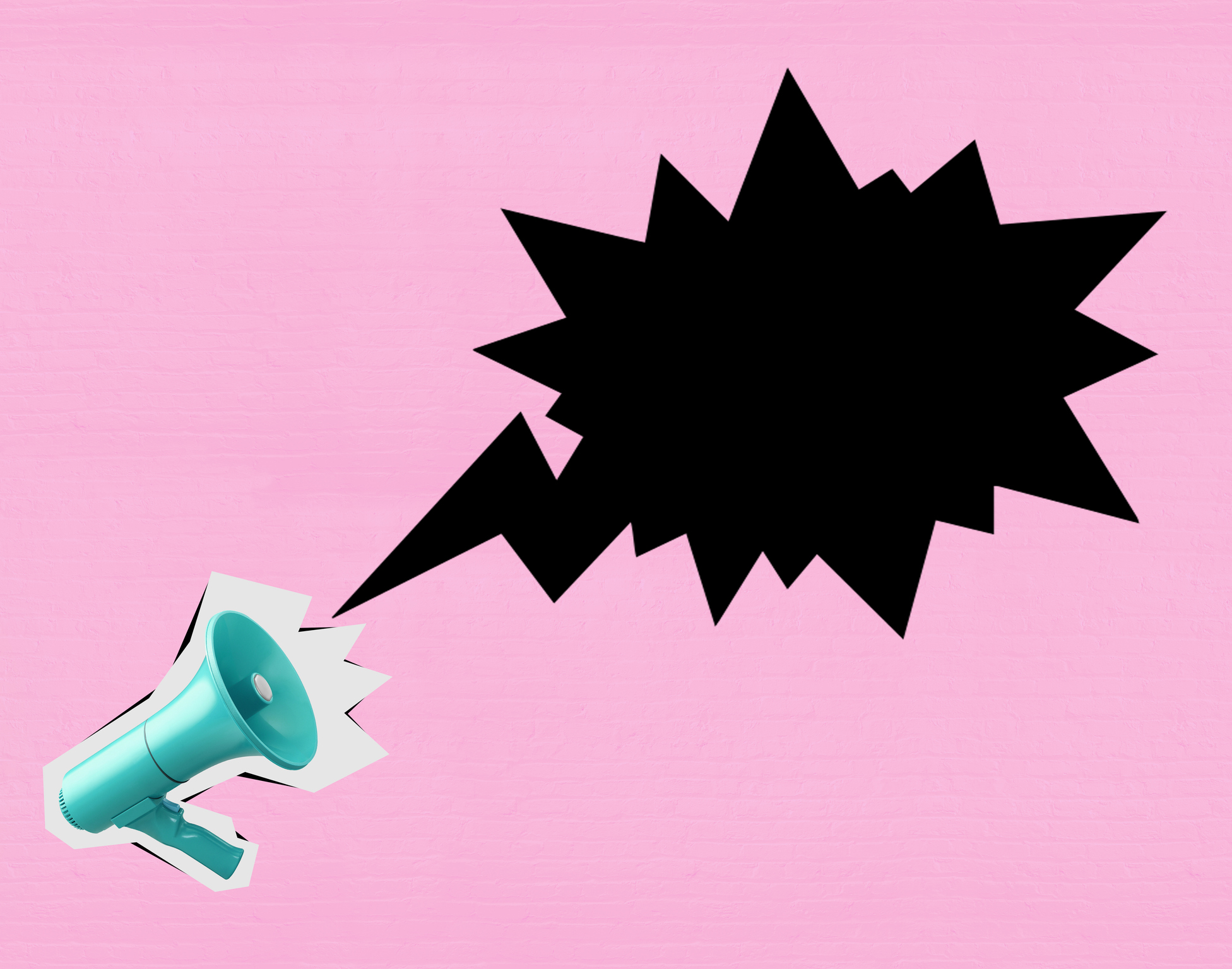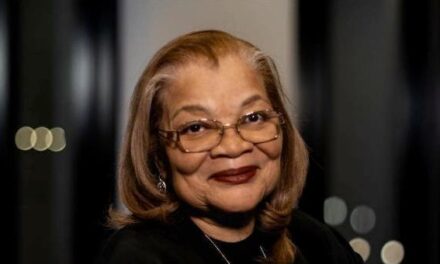
There is a struggle inside the Democratic-Farmer-Labor Party. You’ll be forgiven for finding it all baffling, as the combatants appear to talk past one another at almost every turn.
That is because this is not a debate. This is a struggle for control — control of the conversation about Israel and Palestine.
For decades, American Jews and other supporters of Israel have set the terms of discussion about these matters. Younger progressives are sharply challenging that discursive control.
National politicians determine U.S. foreign policy. The states are the proving grounds for future national leaders. The generation of President Joe Biden, Senate Majority Leader Chuck Schumer and former House Speaker Nancy Pelosi came up in a time when liberals were socialized to see the state of Israel as the cause of an oppressed people. Many younger progressives have grown up seeing Israel as a powerful, right-leaning ethnostate, with the Palestinians a people dispossessed and dominated by Israel — and they are determined to prevent the older framing from getting endlessly replicated.
More pro-Israel Democrats say Israel is singled out for criticism because of antisemitism. More pro-Palestine Democrats say Israel uses the charge of antisemitism as a shield to protect itself against justified criticism.
“Inflammatory rhetoric from elected officials is counterproductive to addressing rising Islamophobia and antisemitism,” said Ken Martin, DFL Party Chair, in a November 30 statement. “Over the last several years, hateful rhetoric from far-right leaders has fueled both Islamophobia and antisemitism.”
Martin was not chastising a Republican. He was rebuking — even if not by name — a senior DFL state Senator, Ron Latz. Aged 60, first elected to the Senate in 2006, Latz is part of a prominent St. Louis Park family long involved in civic affairs and Jewish community life; his father served in the Minnesota House. Latz can boast a liberal record.
Latz spoke at length on November 29 at a Capitol news conference organized by the Jewish Community Relations Council of Minnesota and the Dakotas. He denounced what he called the antisemitism of the Boycott, Divestment, and Sanctions movement aimed at Israel over its treatment of Palestinians, as well as the violent Jew-hatred that he charged is inculcated in Gaza’s Palestinian youth.
The next day, thirteen of Latz’s DFL colleagues in the Senate — totaling 38% of their caucus membership — excoriated Latz in a public statement.
“It is unacceptable for people in positions of leadership…to use dehumanizing, degrading language to describe entire populations of people,” the senators said. “As such, we denounce and condemn the dangerous language and rhetoric used by Sen. Latz at his press conference in the strongest terms.” They focused on Latz’s characterization of Palestinian kids as, they said, “aspiring murderers.” Only days before, three Palestinian college students had been shot in Vermont, perhaps because Americans have felt encouraged to view young Palestinians as terrorist sympathizers or worse.
Of the thirteen who laid into Latz, eleven were first elected to the state Senate in either 2022 or 2020. Several of them are under 40. Two are Muslims and several are people of color, but a majority are neither. Eight of the 13 represent suburban districts. Eleven of the thirteen are women.
Anyone can see that, collectively, they represent the future of their state party.
The JCRC defended Latz, rebuffing accusations that he generalized about any ethnic or religious group. “There is nothing hateful, prejudicial, or false in describing Hamas — a terrorist dictatorship guilty of war crimes against both Israelis and the Palestinians it governs — as toxic,” said Steve Hunegs, the JCRC’s formidable leader.
Coming on the very same day as the state Senators’ blast at Latz’s comments, Martin’s statement seemed to side with Latz’s critics.
It was an earthquake in the DFL as Martin, a successful state party leader, did not finger-wag equally at both sides for threatening party unity with harsh rhetoric — which might have been the easy course. His statement was aligned with the way that Latz’s colleagues construed what had occurred – speaking first of all of “[i]nflammatory rhetoric” while the group of 13 led their statement with a criticism of “dehumanizing, inflammatory language and rhetoric.”
Another tremor occurred inside Minnesota’s Jewish community, although it was far less public.
On December 1, Beth Gendler, the executive director of Jewish Community Action, sent out an email that read, “This week, we were dismayed to see a member of the Minnesota Senate use language that demonized children and families in Gaza, in the name of fighting antisemitism.”
JCA, a key progressive group in contrast to the more establishment JCRC, historically has avoided foreign policy like the plague — perhaps in fear of revealing division among liberal Jews over Israel/Palestine. Gendler’s statement represents a new departure — an intervention in the war over the conversation, and not on what long has been the conventional side in organized American Jewish life.
Pro-Israel leaders argue that progressives have ignored or downplayed Jew-hatred for too long.
There is some truth in those claims, although data show the lion’s share of antisemitism lies on the American right, and antisemitism cannot explain most progressive disaffection from Israel. Younger liberals — and some older ones — are saying they won’t accept their opponents, in either party, continuing to dominate this conversation by invoking the shibboleths of terrorism and antisemitism.
Minnesota Republicans, for their part, find it convenient to denounce pro-Palestine sentiment as antisemitic. It’s a cost-free way for them to do damage control over evidence of antisemitism in their own ranks in recent years.
The ability to set the terms of discussion about Israel/Palestine is, to speak frankly, among the most dearly held achievements of American Jews. Perhaps Latz felt blindsided by the recriminations he faced. When you suddenly lose primacy in an area where you’re accustomed to enjoying it, it stings. Recognizing there is a new cultural reality in this conversation must be painful for some DFLers, whatever their background. They ought to recognize that they will not be able to repress it.




